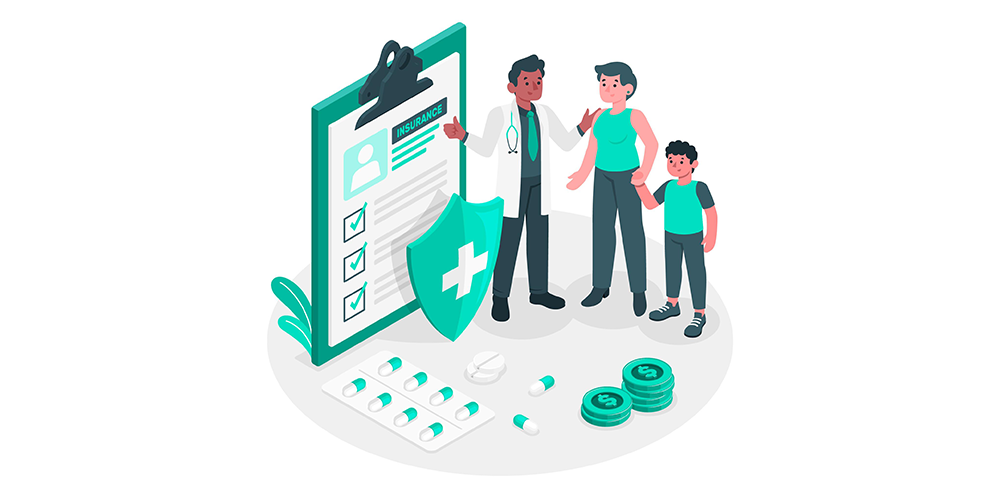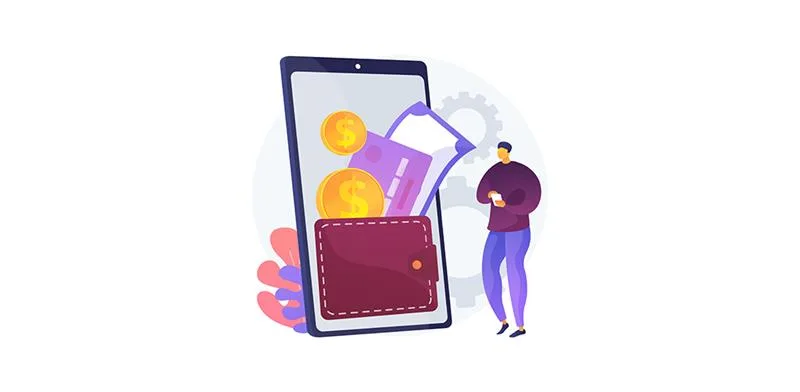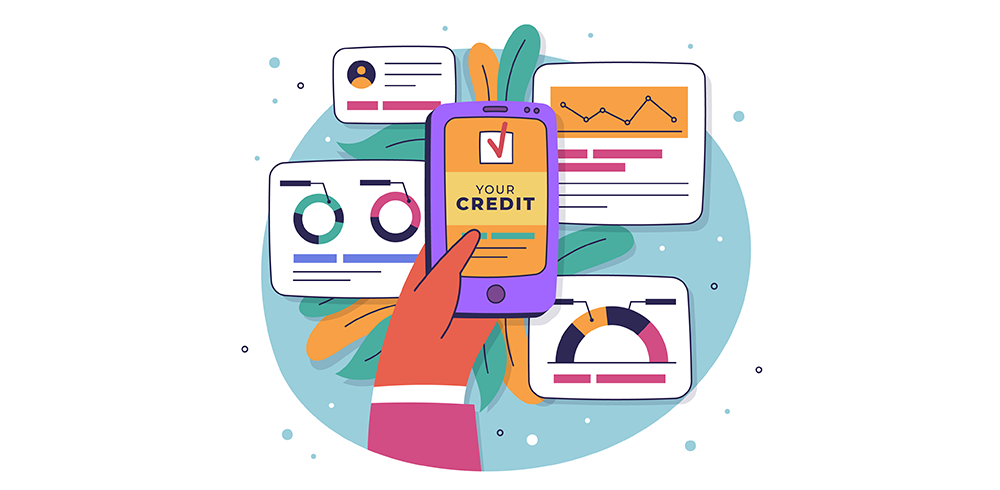An EMI (Equated Monthly Instalment) is a fixed amount which you generally repay to a lender on a specific date every month. It usually comprises both principal and interest. Today, when it has become easy to get loans, people take multiple loans and then face difficulties during EMI repayments. So, here is a list of common mistakes which you can avoid during EMI planning to ensure that your financial health is not affected.
Top 8 EMI Mistakes You Should Avoid
1. Late Payments
Paying your EMIs late can lead to penalties in the form of late payment fees and damage your credit score. These fees might seem small at first, but they can add up over time. Moreover, a lower credit score can make it harder to get personal loans or credit cards in the future. Hence, make sure to set reminders or use automatic payments so that you can avoid this mistake, ensuring that you always pay your EMIs on time and maintain a good credit history.
2. Taking Longer Loan Tenure
Choosing a longer loan tenure may reduce your monthly payments. However, it also means paying more interest in the long run. While it is tempting to have smaller EMIs, it is important to consider the total cost of the loan. By opting for a shorter tenure, you can save a significant amount of money on interest payments and become debt-free sooner, balancing your financial comfort with long-term savings.
3. Borrowing More Than You Need
Borrowing more money than you can comfortably repay can lead to financial stress and difficulty meeting your EMI obligations. Before taking out a loan, carefully assess your income, expenses, and existing financial commitments. It is important for you to ensure that your EMIs fit within your budget and leaves room for other essential expenses and savings.
4. Ignoring Prepayment Options
Prepaying your loan can also help you save money on interest. By making extra payments in advance, you can reduce the total interest you would be paying for the loan. However, you should also note that some loans may have prepayment penalties or restrictions and hence, you must check with your lender before making additional payments. Taking advantage of prepayment options whenever possible can definitely accelerate your journey to financial freedom.
5. Not Reviewing Loan Terms
Do you review your loan terms before signing the dotted line? Well, if not, you are making a mistake. Falling to review and understand the terms of your loan agreement can result in unexpected costs and misunderstandings. You must pay attention to details such as interest rates, processing fees, and any other charges mentioned in the agreement.
6. Neglecting Emergency Fund
An emergency fund is helpful as it can save you in unexpected circumstances. Having an emergency fund is also important for financial stability. When you have unexpected expenses or loss of income, it certainly makes it challenging for you to meet your EMI obligations, which can lead to default or additional borrowing. An emergency fund can be helpful in such situations. Hence, always aim to build an emergency fund equivalent to at least three to six months’ worth of living expenses.
7. Overlooking Insurance Coverage

Never overlook insurance coverage for your loan as it can protect you and your family from financial hardship in case of unexpected events such as illness, disability, or death. Loan insurance policies provide coverage that can help repay your outstanding personal or car loan amount and relieve your loved ones from the burden of debt.
8. Ignoring Debt-to-Income Ratio
Your debt-to-income ratio is a prominent factor in determining your financial health. A high ratio indicates that you are spending a lot of your income on debt payments with only a little room for other essential expenses. So, make sure you maintain a healthy financial profile and aim to keep your debt-to-income ratio below 40%.
Conclusion
These were the top 8 EMI mistakes people usually make. So, make sure you do not get trapped in these loan repayment mistakes so that you can live a financially healthy lifestyle. It is always recommended to have your EMI planning in place so that your loan EMI repayment is done on time.
Now, if you are looking for a flexible and convenient way to manage your EMIs, then consider CASHe instant personal loans. CASHe offers quick personal loans with minimal paperwork and flexible repayment options. With this, you would certainly be able to handle your loan EMI repayments efficiently.
FAQs
1. What should I do if I miss an EMI payment?
If you miss an EMI payment, you must contact your lender right away to discuss your missed payment and explore options like grace periods or restructuring.
2. How can I set up automatic EMI payments?
Setting up automatic repayment is easy. You can use your bank’s online platform or mobile app to set up ‘Auto-Debit’ for automatic EMI payments.
3. Are there any penalties for prepaying my loan?
Yes, some loans may have prepayment penalties. Hence, make sure to check your loan agreement or ask your lender about any fees.
4. How often should I review my loan statements?
You can review your loan statements monthly to ensure accuracy and check your loan progress.
5. Can refinancing really save me money on my EMIs?
Yes, refinancing can lower your EMIs by reducing your interest rate.










